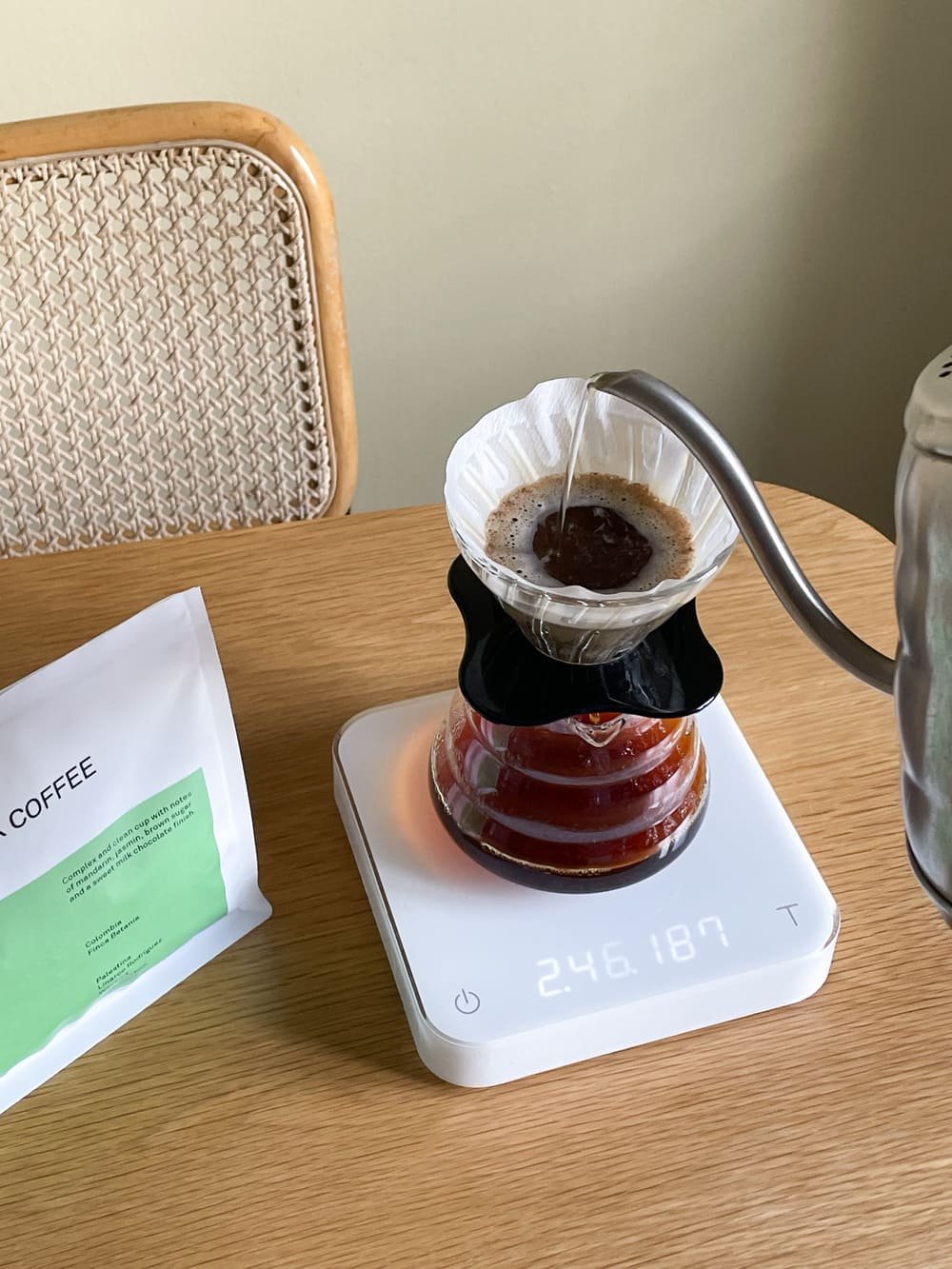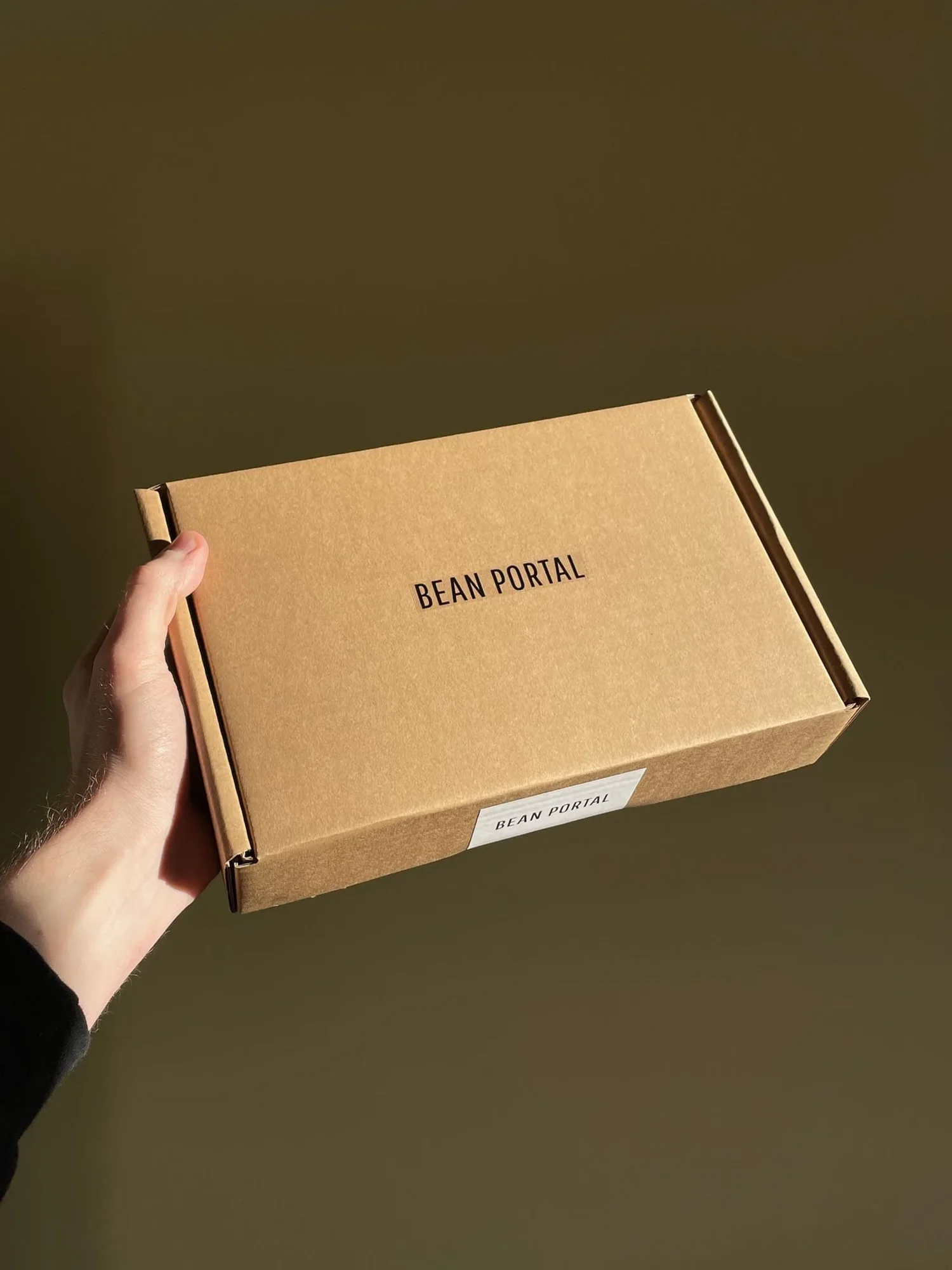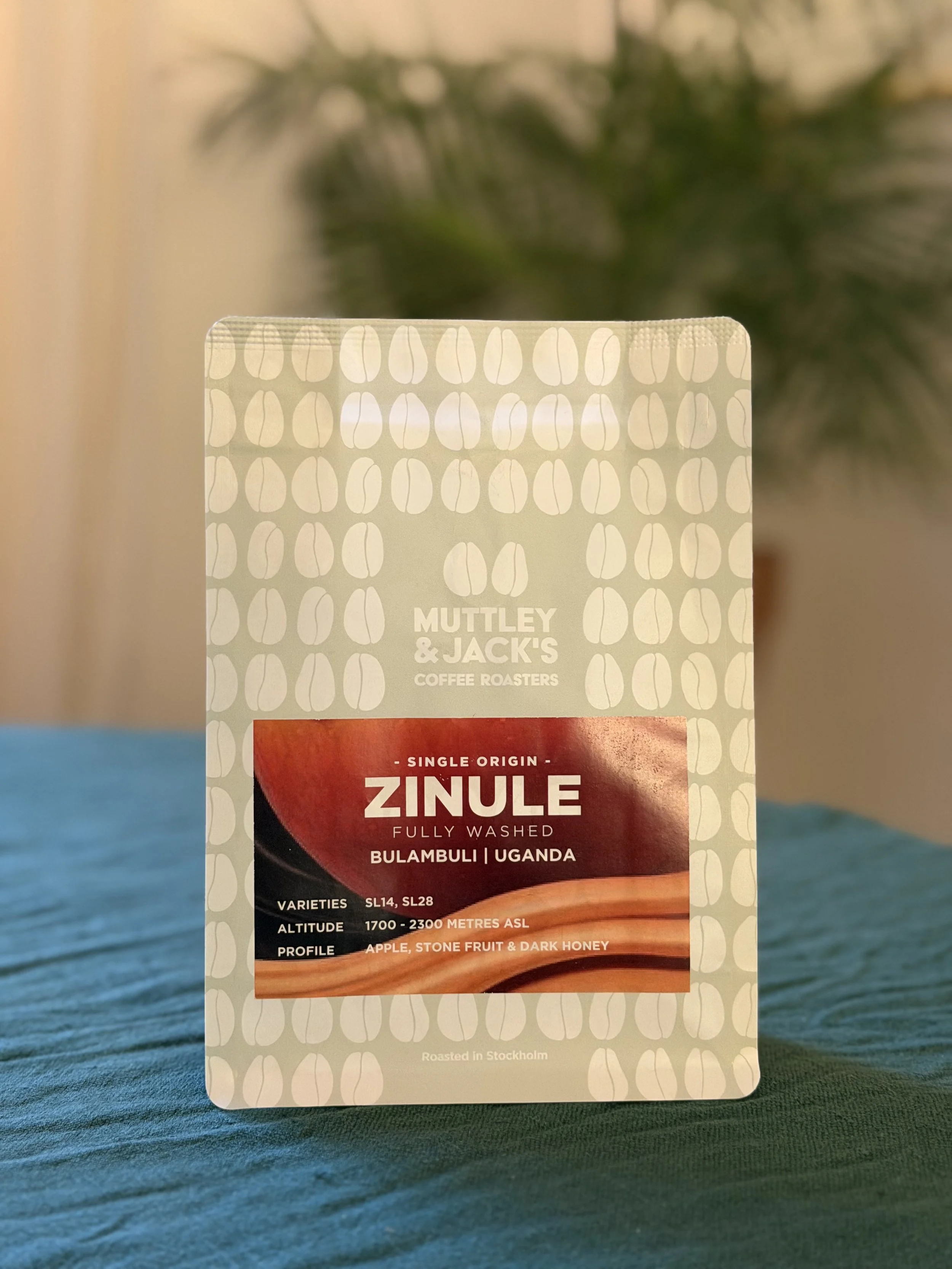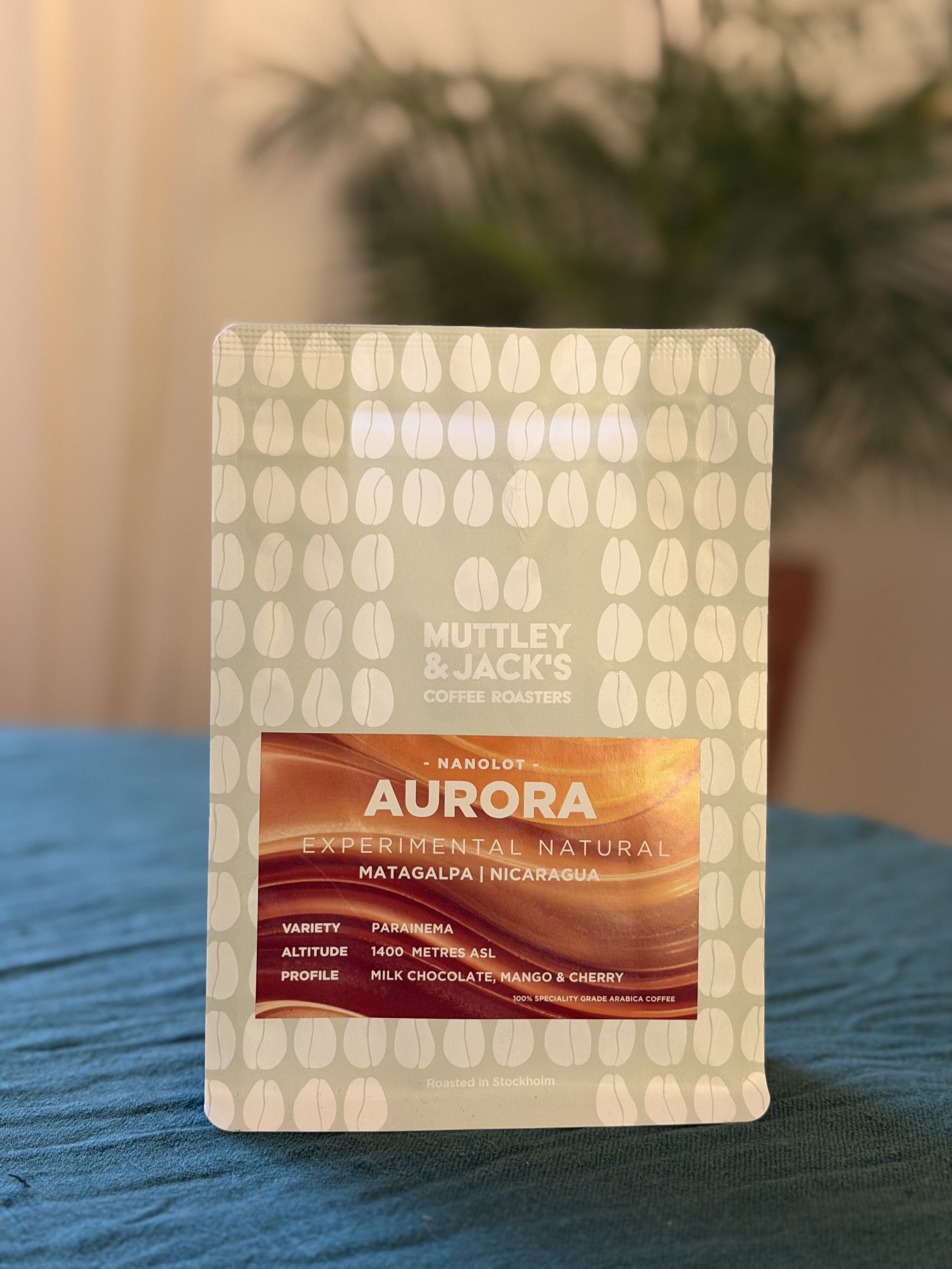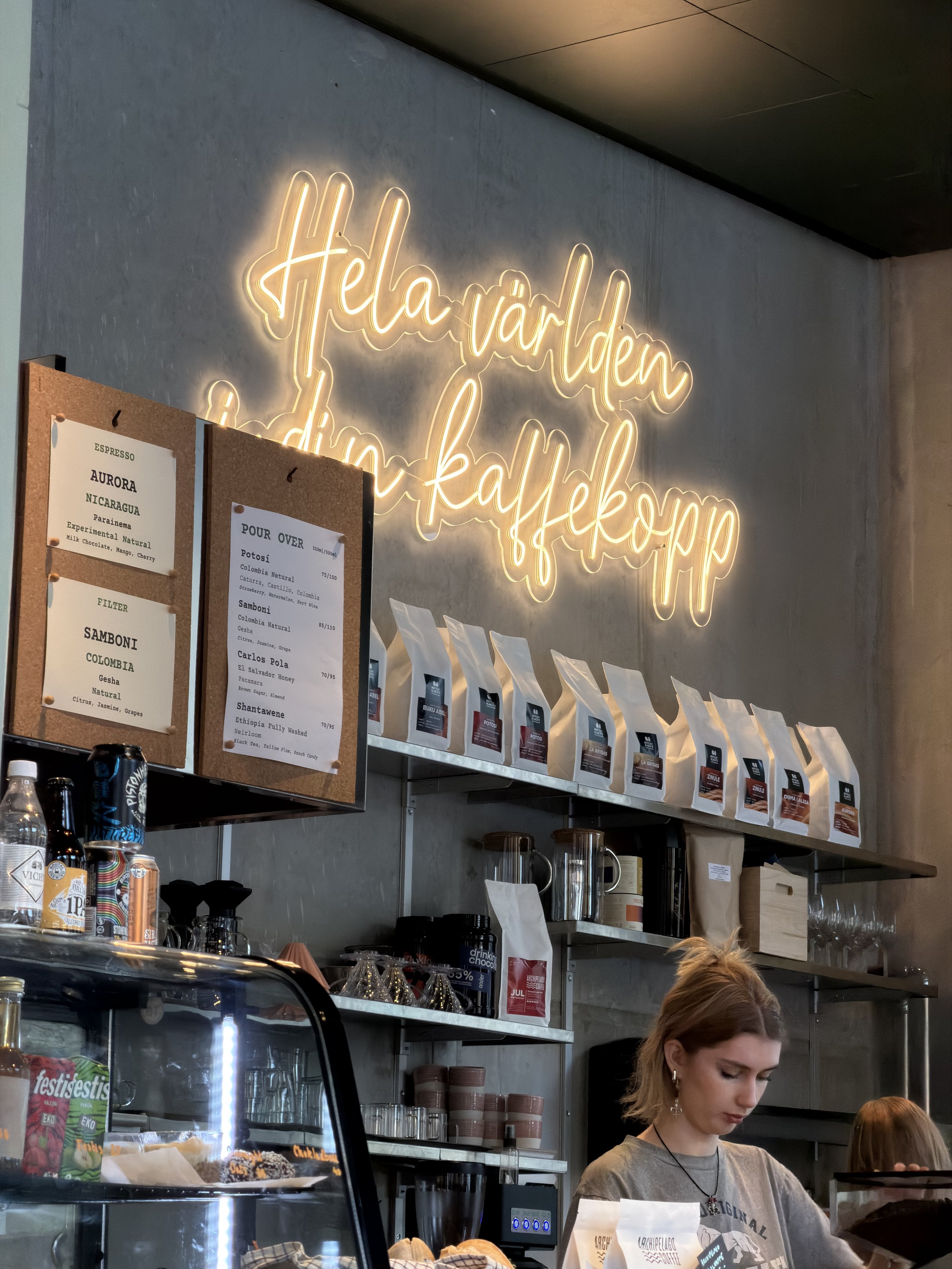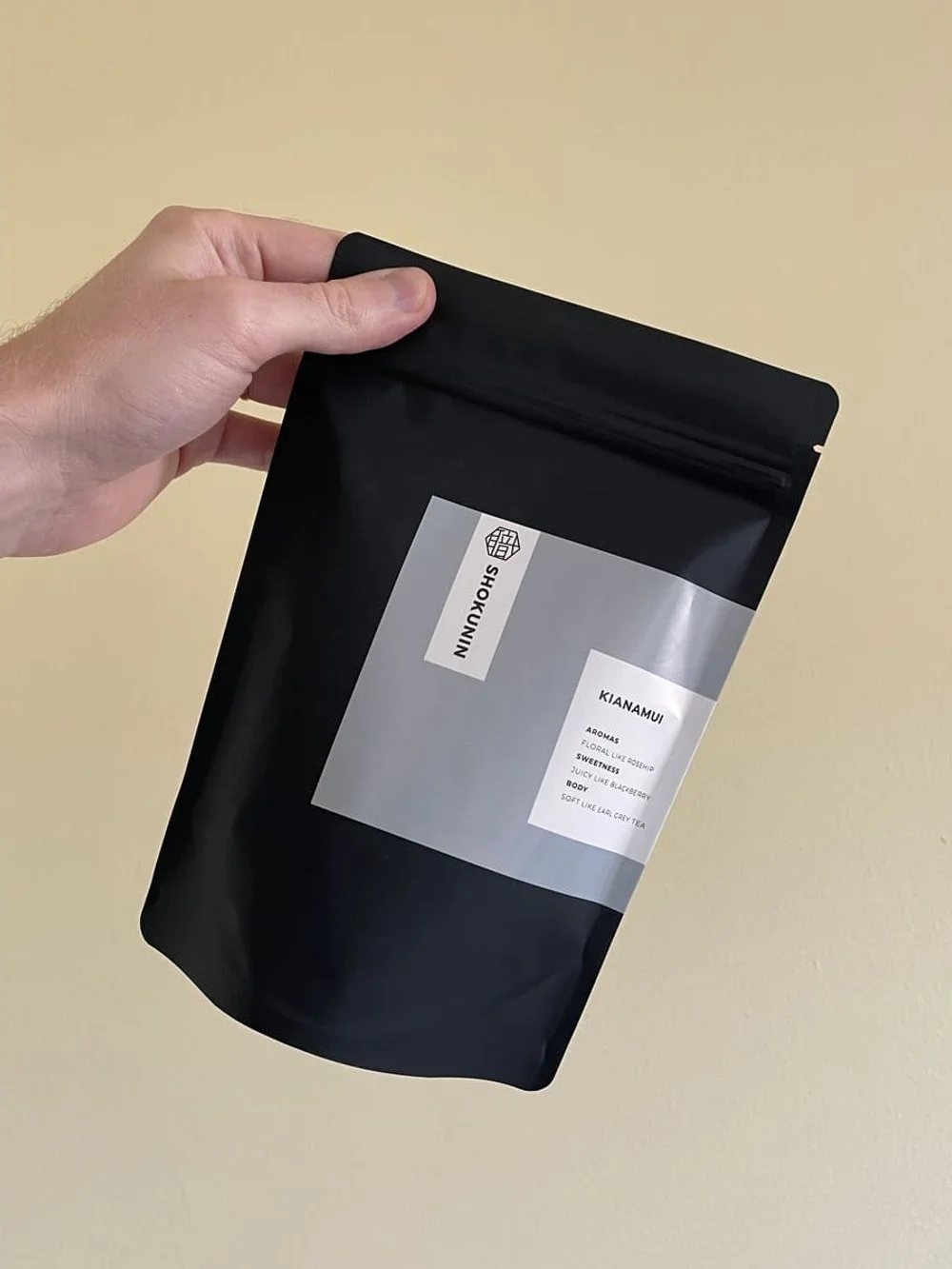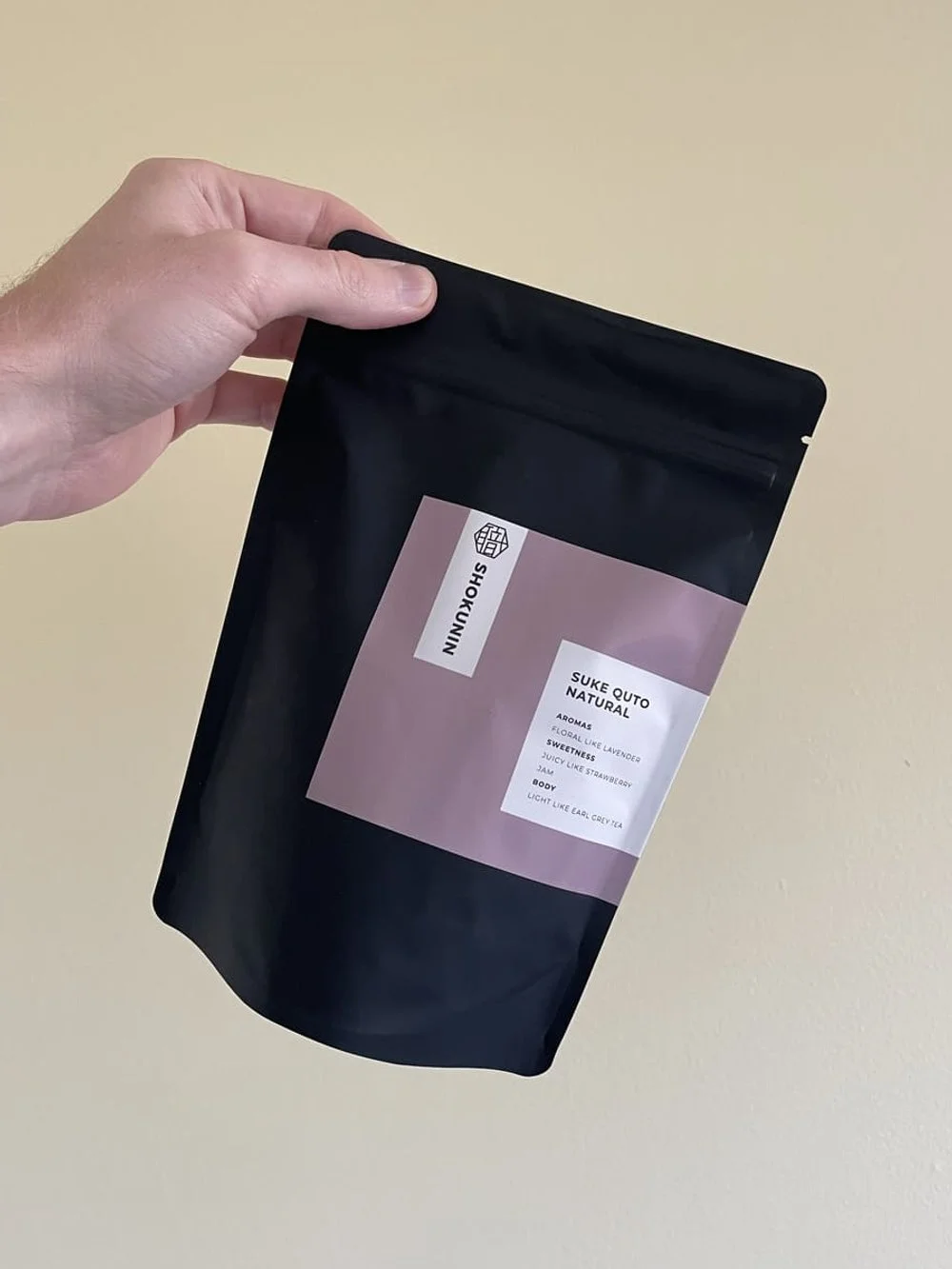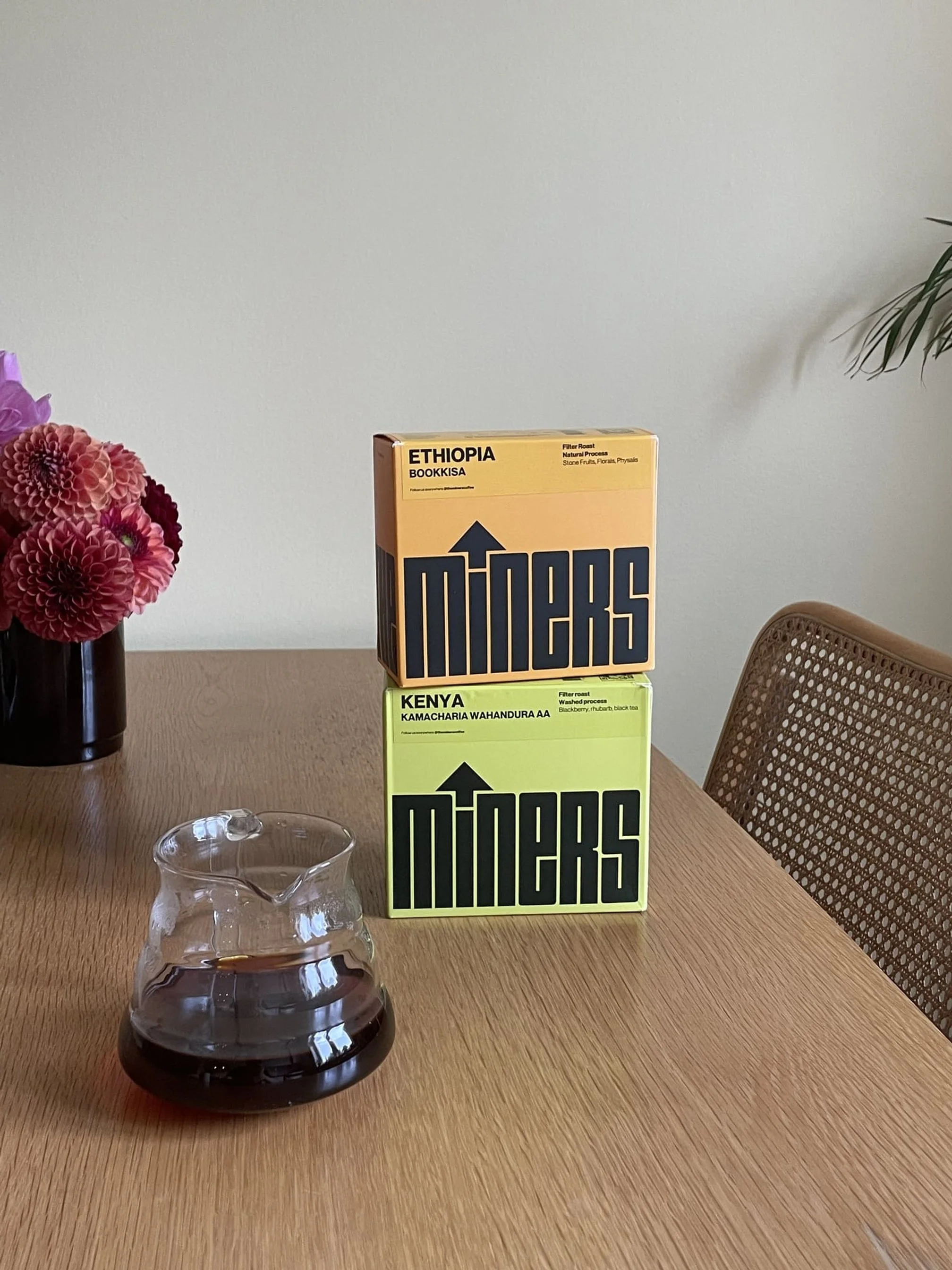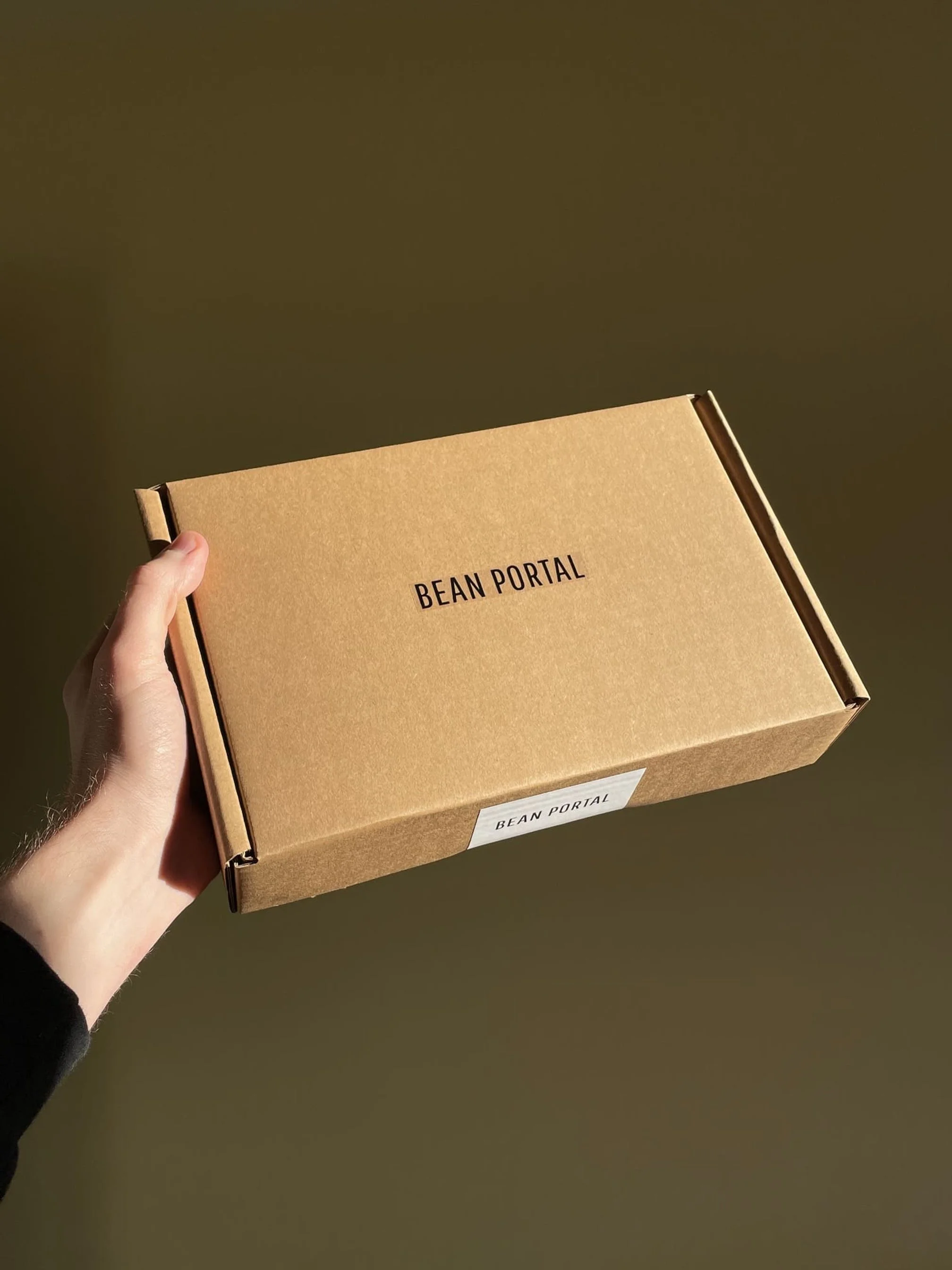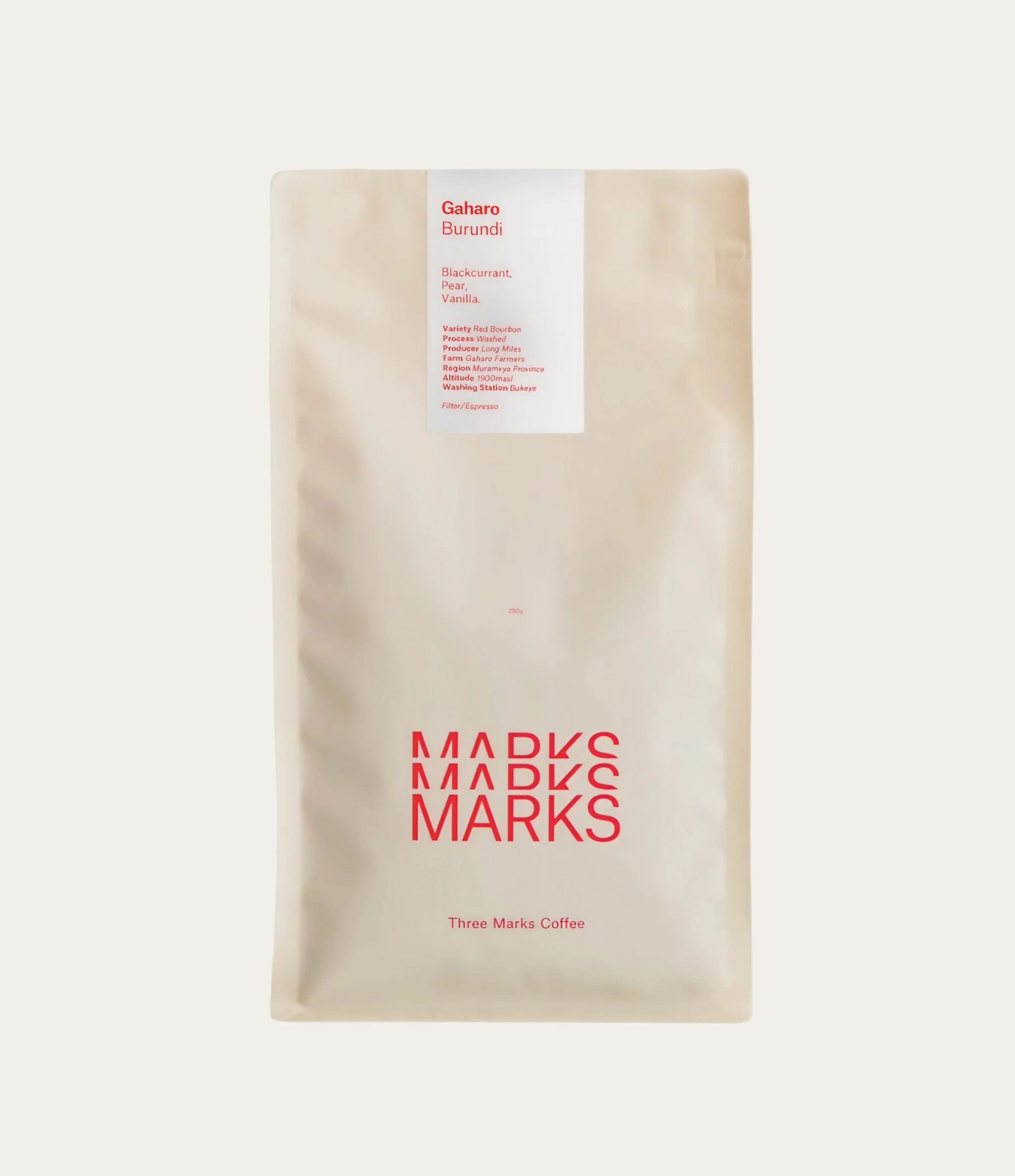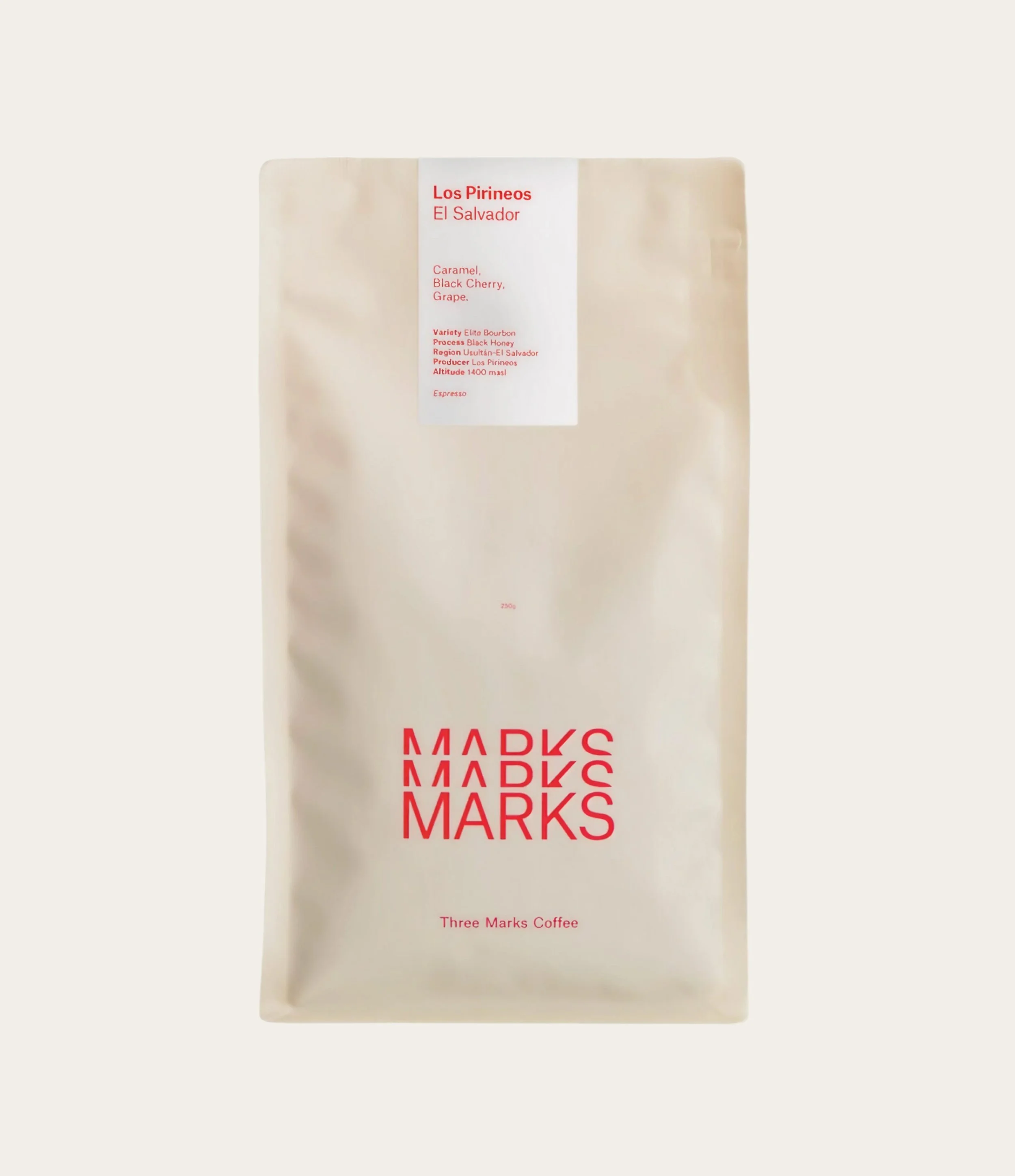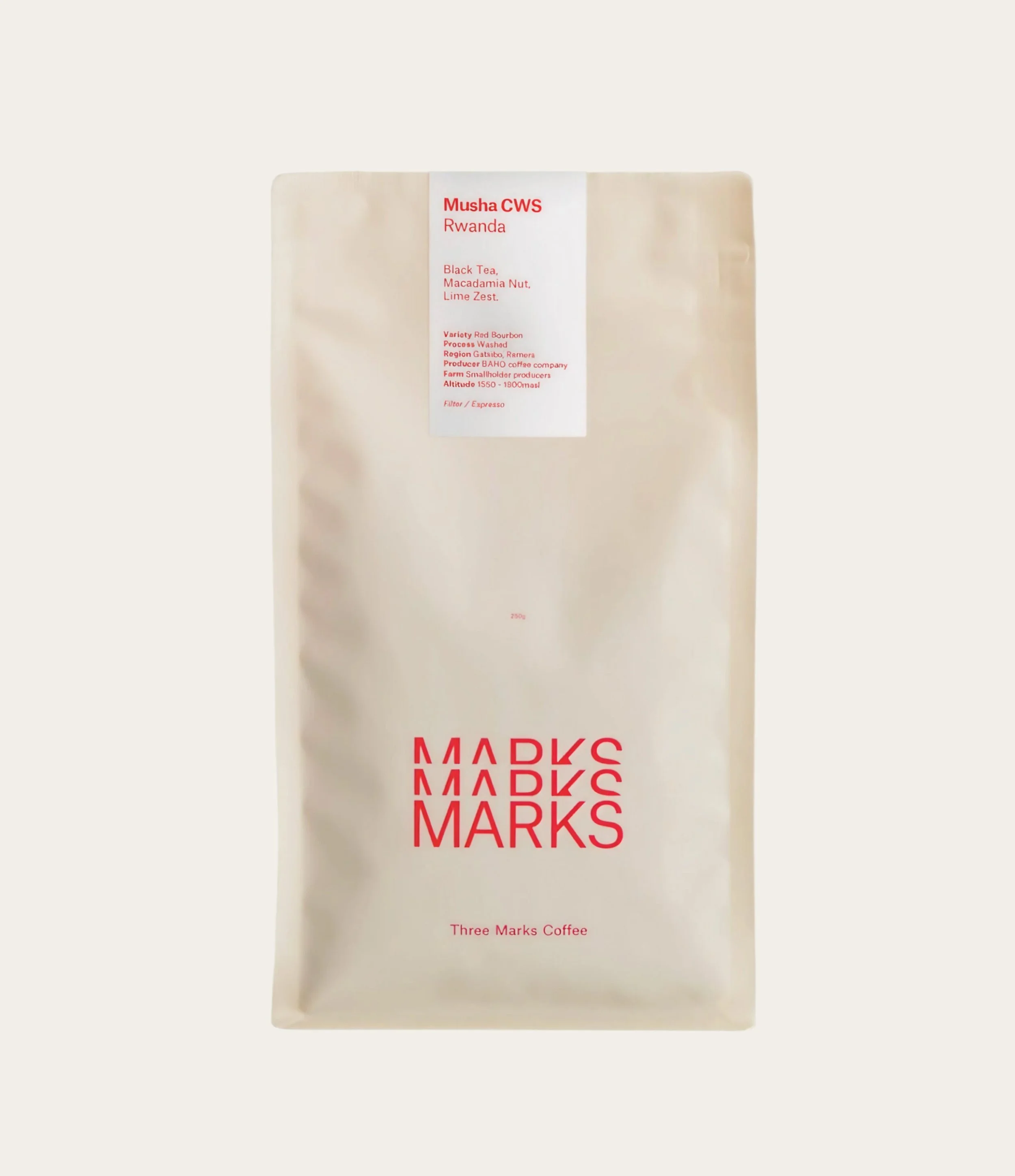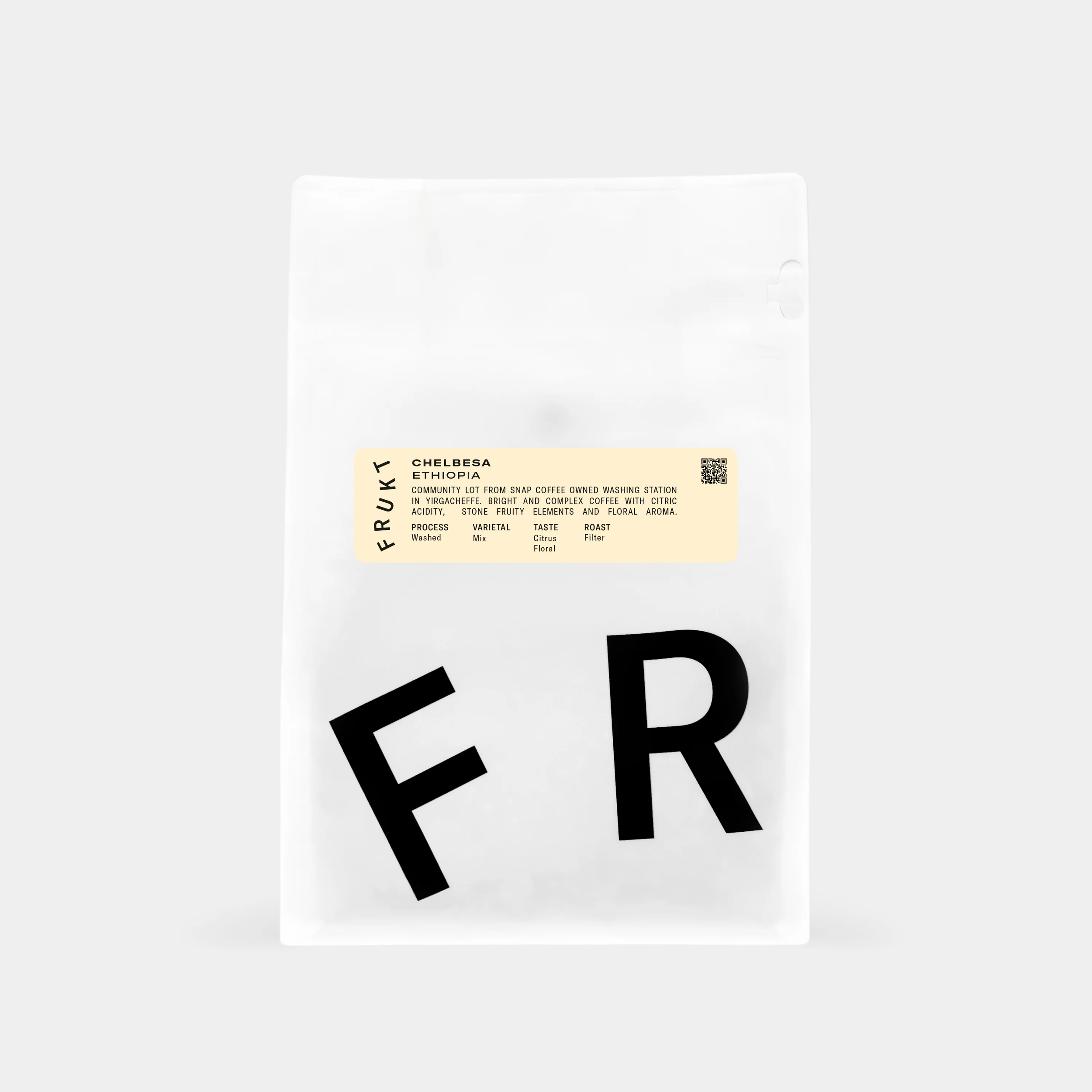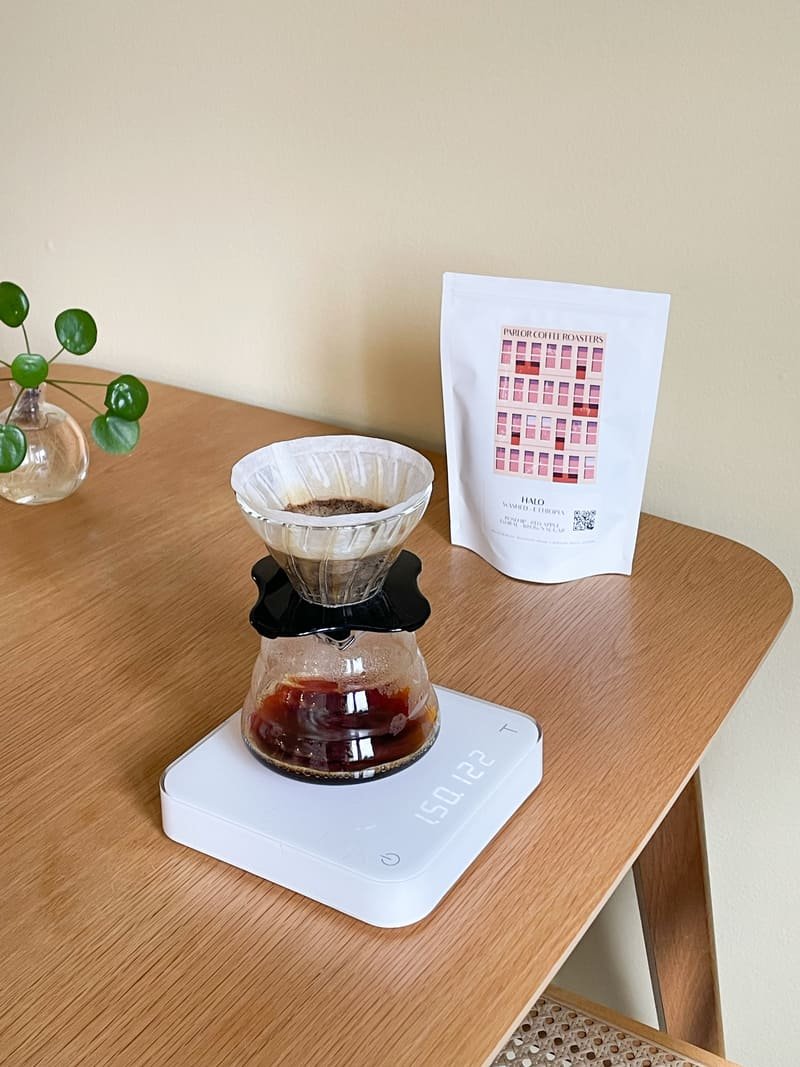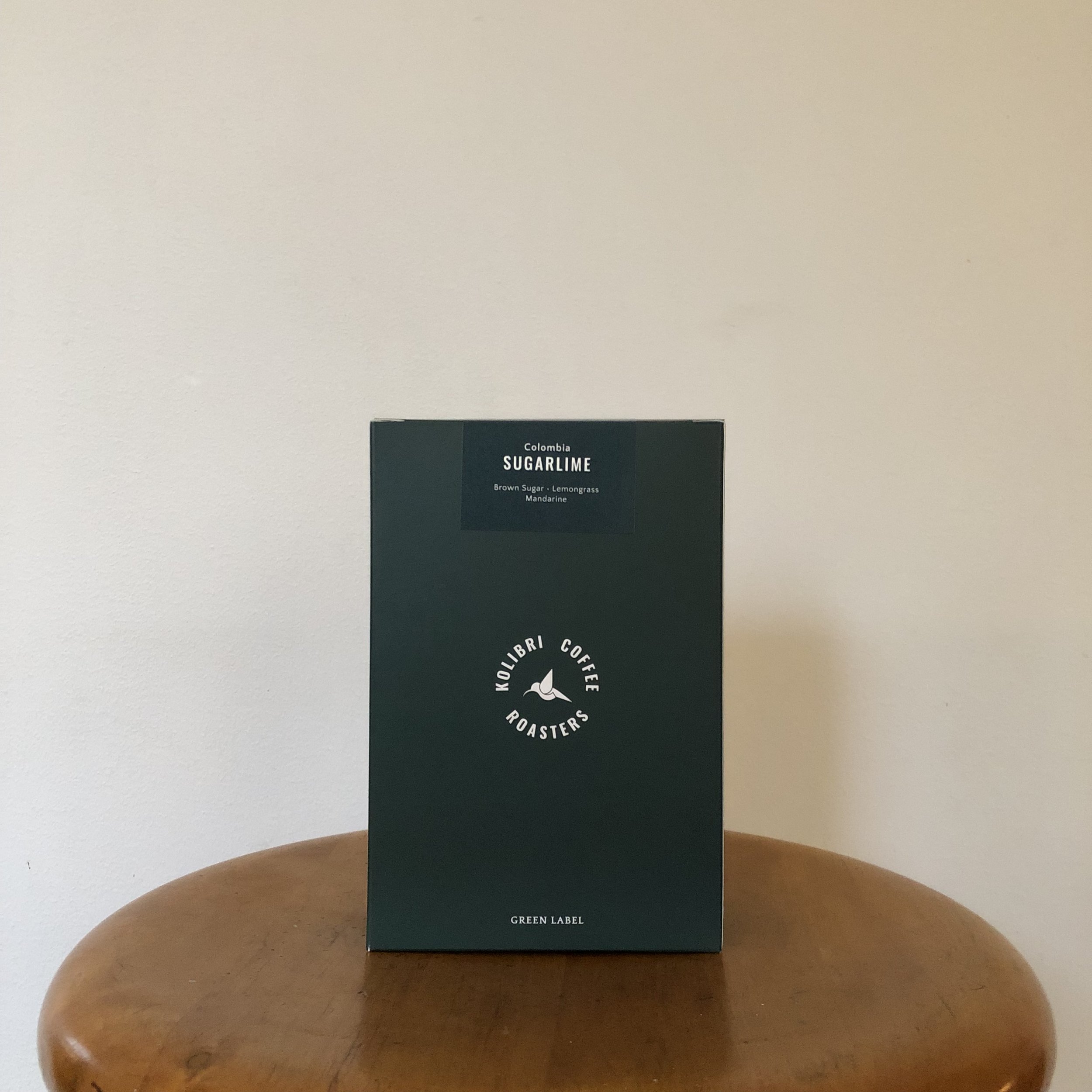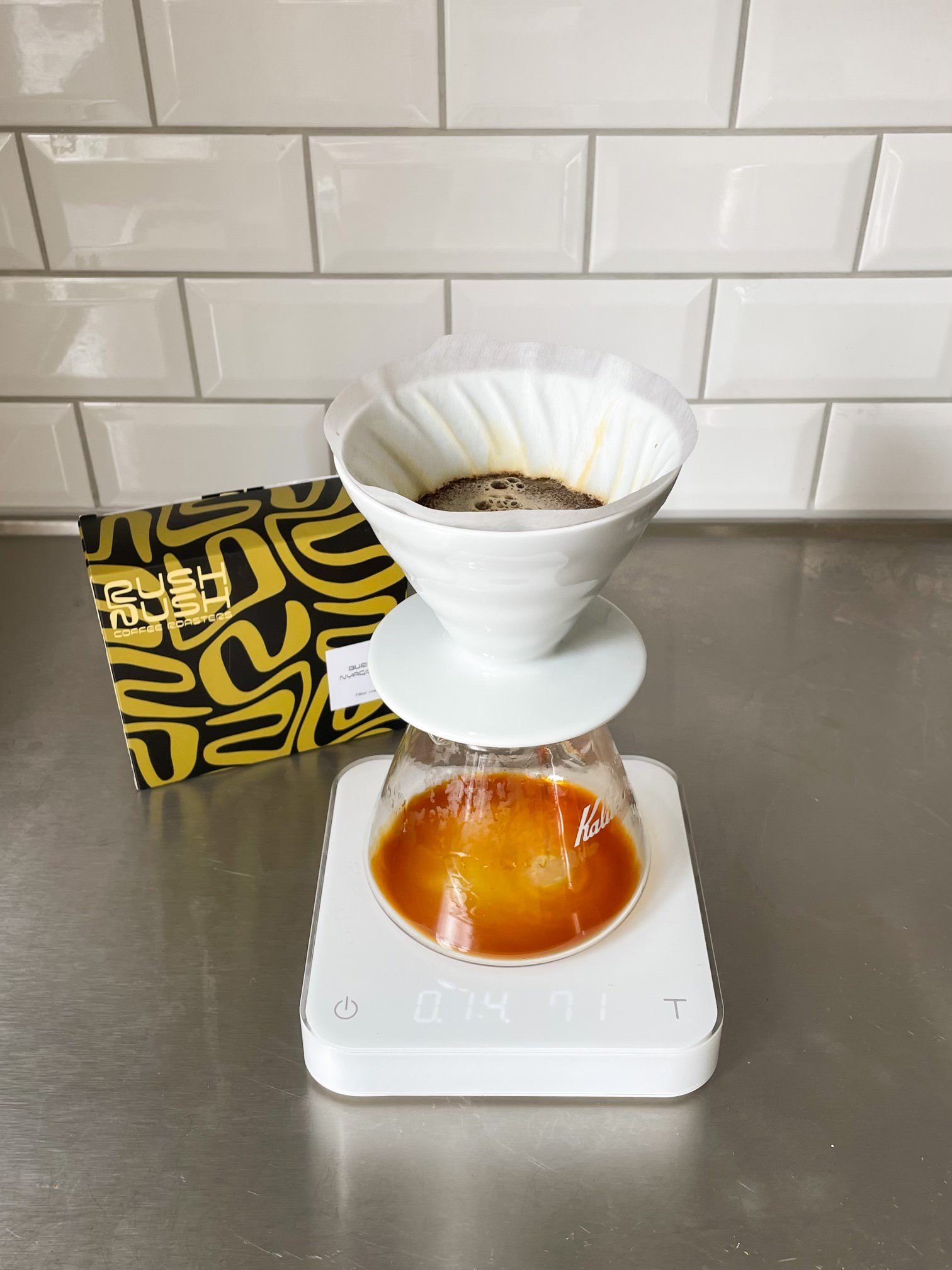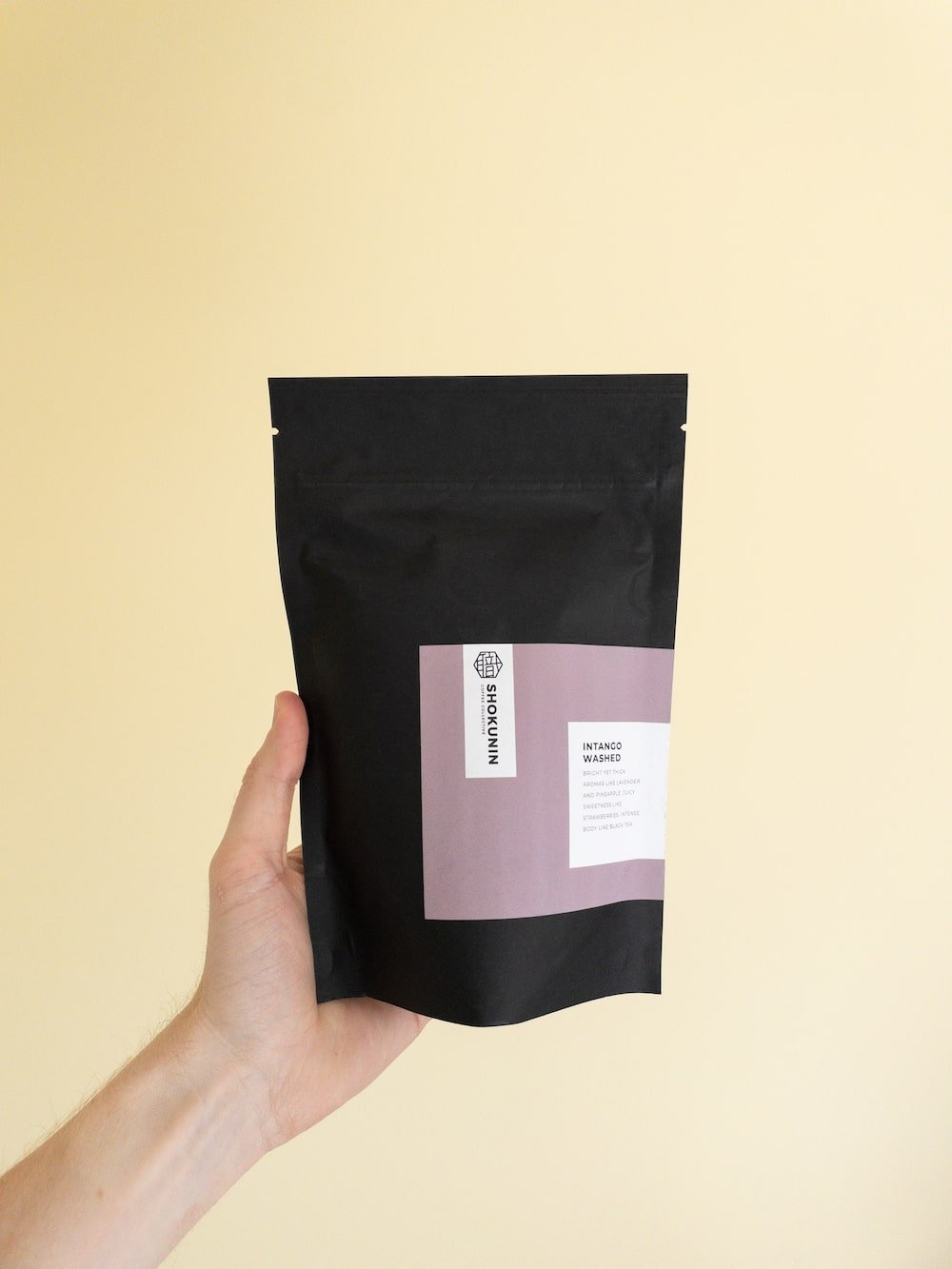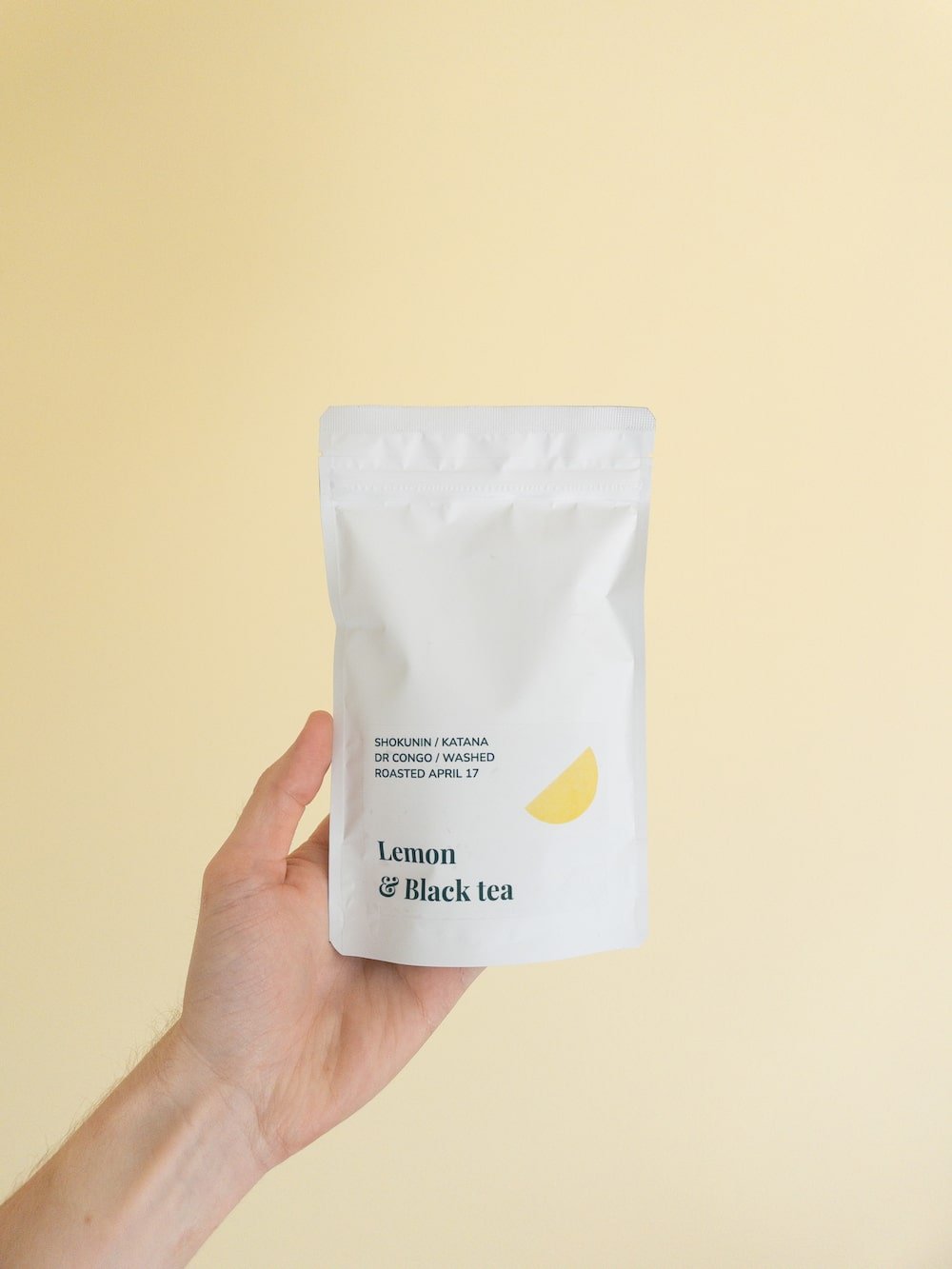For December’s box we’re excited to welcome MOK from Brussels, Belgium. Founded in 2012 by two-time Belgian Cup Tasters Champion Jens Crabbé, they roast with a pure, uncompromising focus on quality and traceability, returning to the same farmers year after year. Each coffee is roasted to highlight clarity, sweetness, and character.
FINCA BETANIA
Origin: Colombia
Producer: Linarco Rodríguez
Process: Washed
Varieties: Pink Bourbon
Tasting notes: Mandarin & Gingerbread
Finca Betania is located in southern Huila, Colombia, where Linarco Rodríguez farms at 1700 masl and leads Café Origen Palestina, a cooperative of 117 producers focused on sustainable, traditional methods. This washed Pink Bourbon lot shows the care behind it, handpicked at full ripeness, depulped, then fermented anaerobically for 32 hours. After a slow 25-day dry, it lands clean and quietly complex in the cup.
MUGAYA AA
Origin: Kenya
Producer: Mugaya Factory
Process: Washed
Varieties: Ruiru 11, SL28, SL34, Batian
Tasting notes: Orange blossom & Toffee
Mugaya AA comes from Mugaya Coffee Factory, part of the Mutira Farmers’ Cooperative Society in Kenya’s Kirinyaga highlands, near Kagumo town and the slopes of Mount Kenya. Around 1,700 smallholders deliver ripe cherries, then the factory takes it from there with careful sorting, pulping, and 24 hours of dry fermentation. After a clean wash, a six-hour soak, and up to two weeks on raised beds, it drinks bright and expressive, with that classic Kirinyaga clarity.
SASABA
Origin: Ethiopia
Producer: Sasaba Washing Station
Process: Washed
Varieties: Heirloom
Tasting notes: Citrus & Milk chocolate
Sasaba caught MOK’s attention in early 2024 for its bright, lively character, and this year’s lot keeps that same high standard. It comes from Sasaba Washing Station, founded by Tsegay Hagos Tesfaye in Kercha, Guji, working with 500+ smallholders farming above 2000 masl. Fully ripe cherries are delivered for 48 to 72 hours of fermentation, then dried 7 to 8 days on raised beds. A bright coffee with crisp citrus-like acidity.
Explore Europe’s best roasters!

